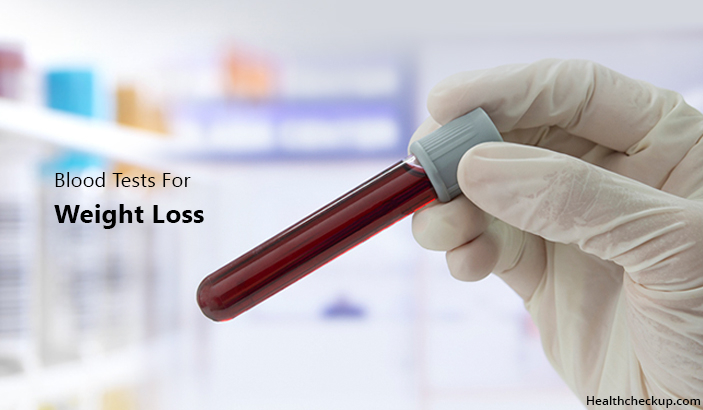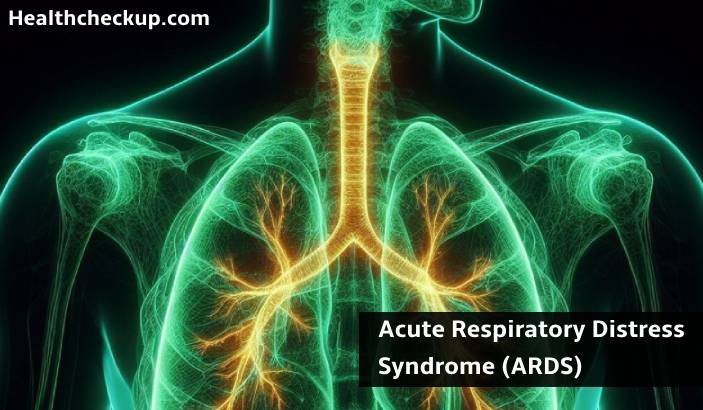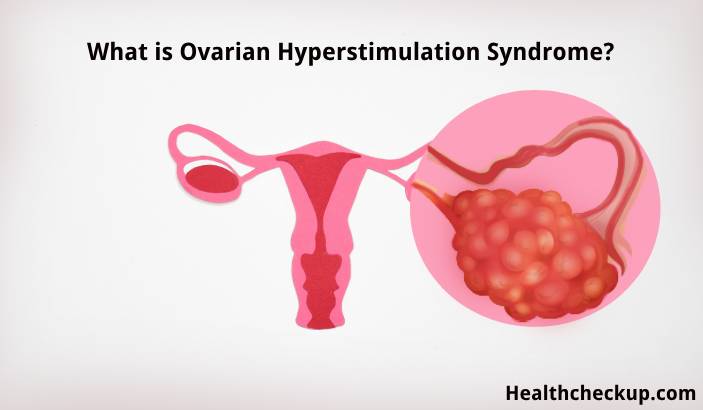There’s more to a blood test than merely finding out your blood group or checking out what infection you’re suffering from when you fall sick. Blood testing can help us identify and diagnose a number of disease and medical conditions. In fact, there are blood tests for weight loss or weight gain conditions, by evaluating the mechanisms and functioning of our body metabolism.
Some Of The Blood Tests For Weight Loss
- Complete Blood Count With platelets and differential (CBC)
- Comprehensive Metabolic Panel (CMP-14)
- Lipid Profile
- Progesterone
- Testosterone
- Estradiol
- Tyrosine (T4) Free Serum
- DHEA
- C-reactive Protein Cardiac
- Homocysteine
Complete Blood Count (CBC)
This test is very useful for measuring the composition of red blood cells, white blood cells, and platelets in our blood. Imbalances in these blood components leads to improper functioning of the body, resulting in possible weight accumulation. Similarly, a CBC test is among the blood tests for unexplained weight loss which can be attributed to anaemia, which manifests due to low iron levels in the blood. Anaemia is responsible for high fatigue along with reduction in the body’s ability to consume energy.)
Comprehensive Metabolic Panel (CMP-14)
As the name suggests, the CMP -14 test comprises of as many blood tests to pinpoint issues with various metabolic processes taking place in our bodies. With the help of these tests it is possible to detect conditions that range from diabetes to those like functioning of organs such as the liver and kidneys. Incidentally, diabetes is intimately connected with obesity while the liver and kidneys are hard at work, ejecting metabolic wastes from the body.
The tests also help measure the levels of minerals, electrolytes and several vital fluids within the blood. This is especially pertinent since low levels of these blood components affect the metabolic processes, causing unexplained weight loss or weight gain situations for us.)
Lipid Profile
If you wish to know the various cholesterol levels in your body, lipid profile test is the best means to do so. There are good cholesterols and bad cholesterols in our body. While the good cholesterols are essential for the body’s proper functioning, the bad ones affect the heart’s functioning, by clogging the arteries and affecting blood flow to the heart. This test will show that lipid profile levels reflect according to blood test weight loss program or weight gain program happening in our body.
Progesterone
This hormone is primarily produced in women, in the course of their regular ovulation cycles. Progesterone levels are on the higher side in this period, to help the uterus in case an egg gets fertilized. Typically, these hormonal levels are ten times more in pregnant women as compared to women who are not. High progesterone levels can impact weight loss in women and men. Moreover, it can also lead to cancer in some cases.
Testosterone
Testosterone levels in the body, are a good indicator of weight tendencies of the body – in men as well as women. This test helps measure the masculinity levels, which in turn can influence how obese or not we finally are. In men, testosterone levels can be adversely affected by obesity conditions while an excess of testosterone, in women, makes it difficult for them to lose weight.
Estradiol
Estradiol is a hormone that assists in the secondary sex characteristics development of women. Blood testing for this hormone, which is synthesized in the ovaries, also helps address weight-loss issues in women. Shortages of this hormone results in gluttony along with a corresponding reduction in the body’s fat-burning capabilities.)
Dehydroepiandrosterone (DHEA) Sulfate
This test is useful to measure the DHEA levels in our blood. DHEA is a critical factor in the development of secondary sexual characteristics – in men as well as women. When metabolized in our body, DHEA converts into testosterone in men and estrogen in women. These hormones play a crucial role in how heavy or light our body weight is. Excess or shortage of DHEA can play havoc with our body weight.
C-Reactive Protein Cardiac
This test is used to gauge the inflammation levels in the body, as well as evaluate the possibility of developing heart disease. C-reactive protein is present in our blood, and its excess levels are correlated to metabolism issues, obesity, and potential cardiac diseases. Levels of this protein can be reduced through overall body weight loss.
Thyroid-Stimulating Hormone (TSH), Thyroxine (T4) Free Serum, Tri-Iodothyronine (T3) Free Serum
This battery of test is aimed at evaluating the functioning of the thyroid gland which plays a crucial role in the metabolic processes of our body. Extremely useful if unexplained weight loss but blood tests normal. Hyperthyroidism or excess production of thyroid hormone leads to weight loss conditions. Hypothyroidism or low production of thyroid hormone leads to weight gain conditions.
Homocysteine
A very useful test that can help to assess the possibility of developing cardiac problems and heart attacks. Homocysteine is basically an amino acid that is created in the body by the metabolizing actions of folic acid and vitamin B6 and vitamin B12. Improper metabolization of homocysteine results in its accumulation in the blood and ultimately the development of heart problems.
As you can see, there are many reasons at work for gaining or losing body weight. It, therefore, makes sense to consider blood tests for weight loss condition assessments. Especially, since there is the possibility of serious health hazards creeping upon us silently.
Medically Reviewed By









